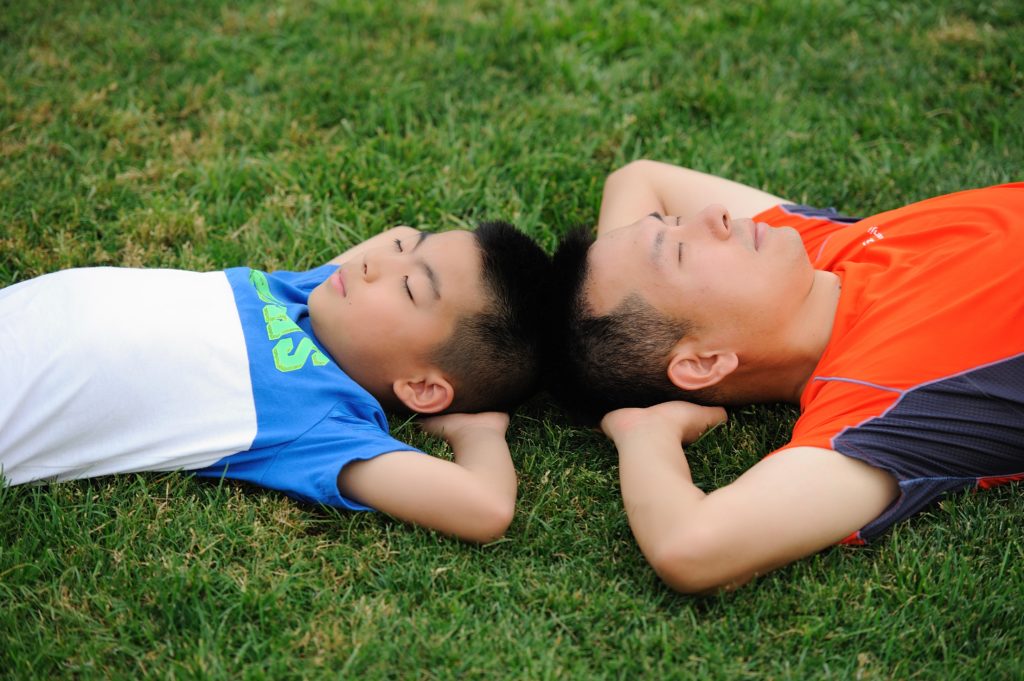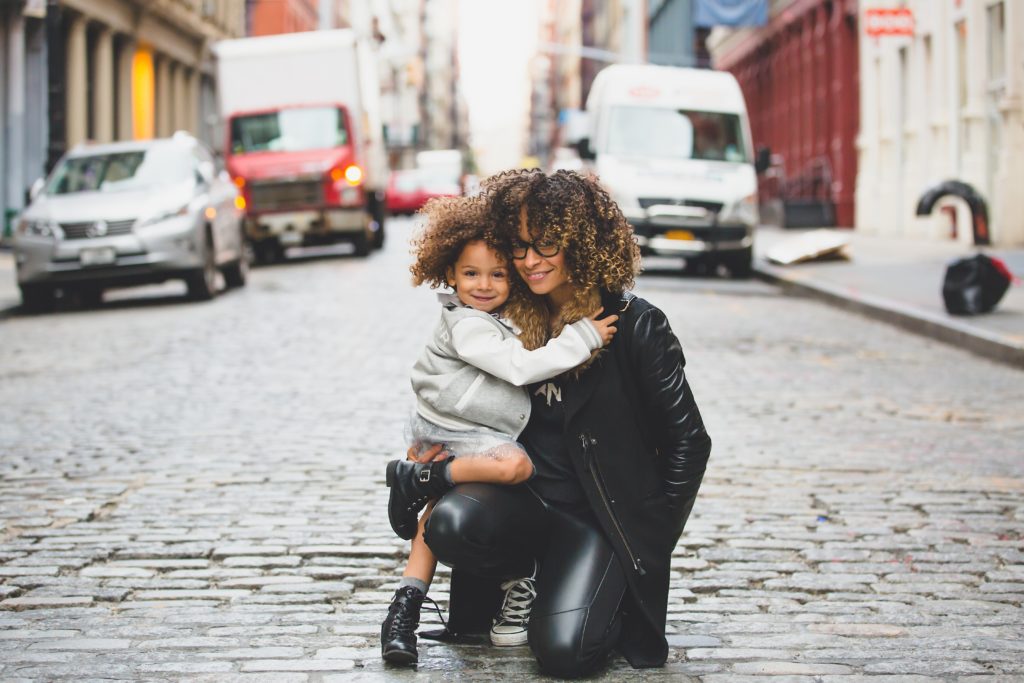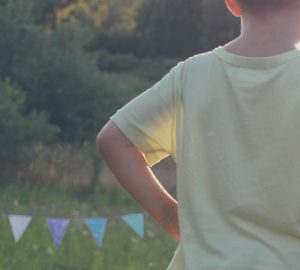As parents, how can we help our kids overcome the challenges of adapting to a new country?
Being an adult that’s facing new ways of life is a lot easier than being a kid and having to face new contexts, deal with new classmates, a new school and a new teacher, a new language… just about a new everything!
For most adults, moving to a new city or country feels thrilling, exciting and stimulating, especially if you like new challenges, meeting new people, learning other languages and being in touch with different cultures. It just feels like a fresh start and a great opportunity to reinvent yourself. Even if it isn’t, as a grown-up you’re expected to deal with it and adapt, one way or the other. But what if you’re only 6 years old? Or 10? Or 12? Or even 16? Have you even invented yourself yet? I must say no, or at least not completely, not like an adult has.
Kids and teens are in a developing state of mind, each with challenges of their own age, and they’re still learning and figuring out how the world works, from the tiniest little things like an ant or a flower, to knowing how to succeed in school or achieving what’s expected of them. They are in this purely experimental stage: for how long can they annoy their parents without a consequence? How long can they go unnoticed without taking a shower? How much can they express their feelings or not? Whether if it’s appropriate to speak up or not, and so on.
Now, imagine adding up a whole bunch of new situations to this stage of discovery: for how long can they annoy their parents without a consequence when the parents are also stressed and a little lost in a new city? How long can they go unnoticed without taking a shower when everyone knows they are the new kids in town? How much can they express their feelings or not when they just want to go back to what is known and familiar, and having to suck it up? Would it be appropriate to speak up or not when you don’t even speak the language well?
It must sound a little too dramatic for us adults, but we are in a very different position from a kid or a teenager. So, as an adult and mostly as a parent, how can we help our kids overcome these new situations? They key factor is resilience.
As psychologist Edith Grotberg stated, “resilience is a capacity allowing a person, a group or a community to prevent, minimize or overcome the damaging effect of adversity”. Grotberg concludes that resilience is important because it is the human capacity to face, overcome an be strengthened by or even transformed by the adversities of life.
It’s important for adults to promote resilience as they become more resilient themselves by doing it, whether they are parents, teachers or any adult role-model. But how can we help our kids be more resilient on an everyday basis? It sure seems like a difficult task, particularly when we don’t have much of a resilience tool-kit ourselves.
Known as the Language of Resilience, three phrases are the starting point for building a more resilient mindset and attitude. The “I have, I am, I can” expression is more than a regular phrase when imbued with meaning to help the child feel protected, yet capable and independent, this is why we call it a resilient language.

First, we have the “I can” factors, which are external resources kids need before they know the “I am” or the “I can” factor. They need to know there is a safety net underneath them, so they’ll have a sense of security and confidence, which is the core for developing resilience.
A resilient child might say:
- I have people around me I trust and who love me, no matter what – these are trusting relationships.
- I have people who set limits for me so I know when to stop before there is danger or trouble – which means structure and rules at home.
- I have people who show me how to do things right by the way they do things – referring to role- models.
- I have people who want me to learn to do things on my own – as encouragement to be autonomous.
- I have people who help me when I am sick,
in danger or need to learn – in ways of access to health care, education, welfare and security services.
The “I am” factors are the kid’s internal strengths like feelings, attitudes and beliefs.
Resilient children say:
- I am a person people can like and love – due to a cordial disposition and temperament.
- I am glad to do nice things for others and show my concern – as a loving, empathic and altruistic attitude.
- I am respectful of myself and others – showing pride on one’s own actions.
- I am willing to be responsible for what I do – as learning that any action has consequences.
- I am sure things will be all right – showing a kid filled with hope, faith and trust.
Finally, the “I can” factors are the social and interpersonal skills learnt by interacting with others and taught by those who teach them.
As resilient kids say:
- I can talk to others about things that frighten me or bother me – knowing that communication is key.
- I can find ways to solve problems that I face – as feeling secure on one’s problem-solving abilities.
- I can control myself when I feel like doing something not right or dangerous – showing control over one’s feelings and impulses.
- I can figure out when it is a good time to talk to someone or to take action – as gauging one’s own temperament and other’s.
- I can find someone to help me when I need it – as seeking trusting relationships.
Not all of these features are needed to be resilient, but one is not enough. A child may be loved (I have), but if he or she has no inner strength (I am) or social, interpersonal skills (I can), there can be no resilience.
A child may have a great deal of self-esteem (I am), but if he or she doesn’t know how to communicate with others or solve problems (I can), and has no one to help him or her (I have), the child is not resilient.
A child may be very verbal and speak well (I can), but if he or she has no empathy (I am) or does not learn from role models (I have), there is no resilience. There needs to be a combination of these features.
The way to foster resilience depends a lot on the age of the kid or teenager, as their development is in different stages and you wouldn’t treat them the same. The basics though, has to do with the adult providing messages, either orally or by modeling, of love, empathy, safety, protection, self-esteem, awareness of others and of one’s self. All of those messages have to be clear, coherent and consistent, in order for this resilient language to grow and work out.
For example, if you’re going to set limits, tell them the real reason not just say “because I said so”, as this would only cause the kid to comply while feeling insecure as they don’t know what is happening.
Explaining why things are wrong in a calm manner, setting clear rules and explaining consequences is the best way to let the kid now they have to change behavior.
Sometimes you don’t have to say these things, you just have to do them, so kids can watch you do them. They’ll see there are other ways of thinking, of communicating, of behaving, of solving problems and showing feelings. They would repeat what you are modeling, and all of you would be promoting this resilient language.

Resilience is a mindset, a belief you must commit with in order to make it a lifestyle; a stronger, more flexible and adjustable lifestyle full of new opportunities and challenges instead of new problems and difficulties.
Imagine if a parent or other adult protects the child from all adversities, can the child strengthen their sense of autonomy, control and responsibility? If the adult speaks for the child in a conflict with another child, can the child learn a social skill like negotiation? If the child does things independently without help or advice from adults, are they at greater risk of harm or failure?
There is no human being that doesn’t face adversity in their life so, wouldn’t it have helped that someone in your childhood led you through a path full of tools that would help you face problems in a different and better way?
Leaving behind your language, your routines and your favorite places, friends and family, is a hard thing, but finding ways of coping with these changes shouldn’t be an ordeal as one thing unites us all anywhere we are, and that’s humanity.
Our human condition that speaks the language of love, tolerance, patience, respect, empathy and solidarity, so by taking in account the basics “I have, I am, I can” you should be fine all around the globe.
The way to foster resilience depends a lot on the age of the kid or teenager, as their development is in different stages.
Article written by:
LCP Fernanda Contreras Piñero
Psychologist
Address: Fray Diego de la Magdalena 625 Col. Vista Hermosa. 78250






